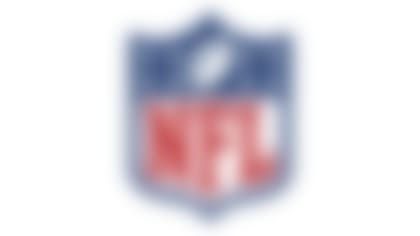INDIANAPOLIS -- The NCAA announced Sunday that it will levy "corrective and punitive measures" against Penn State in the wake of the child sex-abuse scandal involving Jerry Sandusky and a scathing report that found school leaders covered up allegations against the now-convicted former assistant football coach.
The NCAA released no details, saying they would be disclosed on Monday morning by NCAA President Mark Emmert and Ed Ray, the chairman of the NCAA's executive committee and Oregon State's president.
Sandusky is awaiting sentencing after being convicted of 45 criminal counts for abusing 10 boys over a number of years. A report by former FBI Director Louis Freeh concluded that the late coach Joe Paterno and three former administrators - President Graham Spanier, athletic director Tim Curley and vice president Gary Schultz - "repeatedly concealed critical facts relating to Sandusky's child abuse."
Emmert as recently as last week would not rule out the possibility of shutting down the Penn State football program in the wake of the scandal, adding that he had "never seen anything as egregious."
The last time the NCAA shut down a football program with the so-called "death penalty" was in the 1980s, when SMU was forced to drop the sport because of extra benefits violations.
"This is completely different than an impermissible benefits scandal like (what) happened at SMU, or anything else we've dealt with. This is as systemic a cultural problem as it is a football problem. There have been people that said this wasn't a football scandal," Emmert told PBS. "Well, it was more than a football scandal, much more than a football scandal. It was that but much more. And we'll have to figure out exactly what the right penalties are. I don't know that past precedent makes particularly good sense in this case, because it's really an unprecedented problem."
Emmert told Penn State in November that the organization would be examining the "exercise of institutional control" within the athletic department, and said it was clear that "deceitful and dishonest behavior" could be considered a violation of ethics rules. So, too, could a failure to exhibit moral values.
Likely of particular interest to the NCAA were the report's conclusions that the school had "decentralized and uneven" oversight of compliance issues - laws, regulations, policies and procedures.
"One of the most challenging tasks confronting the university," the report added, "is an open, honest and thorough examination of the culture that underlies the failure of Penn State's most powerful leaders to respond appropriately to Sandusky's crimes."
Penn State President Rodney Erickson said after the report that the school was "in much better position to respond" to the NCAA"s request.
Copyright 2012 by The Associated Press











